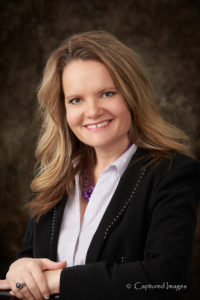
As we approach election day, it is important to evaluate each candidate and make your own decision as to who will be an effective leader while representing the wants and needs of local constituents.
At the same time, just because you may not be running for a political office, doesn’t mean that your personal leadership skills could not be valuable to local organizations or service groups, and maybe this time of year sparks an interest is serving in your community.
The goal of the effective leader is to have leadership flexibility — and a good leader knows how to involve people by structuring their ideas toward task accomplishment. An effective leader must also be adept at assessing the situation and choosing the most appropriate leadership role.
A leader who learns how to involve other people, listens to their ideas, and learns how structuring ideas will lead to a common goal has learned the advantages and the skills of being a flexible activator.
Rigid, passive, or unstructured leadership results in organizational problems. The leader who knows when to involve, when to abdicate, and when to control is able to “read” a leadership situation and is able to meet its particular needs.
These are skills that so many of our elected officials often overlook as they are going through the campaign season.
With a focus on flexibility, those with excellent leadership skills can structure behavior to serve effectively in any organization — knowing when to control to get something quickly done, when to relieve tension, how to bargain, and how to avoid making a decision when it would be more profitable for the group to make it.
Strong leaders know how to change their leadership roles to fit the situation and personalities they are working with — and above all, knows how to involve the whole group in decision-making to create a productive, cooperating team.
Flexibility and the ability to be creative are skills that are often overlooked in a good leader.
Not everyone needs to be in charge of the group or be the person to call the meeting to order. In contrast, those with unique abilities to bring people together and work toward a common goal can be most effective in the right group. This group of talented individuals are best known for their informal leadership and can often be incredibly valuable to the organization.
Leadership is loosely defined as the process of people working together to achieve mutual purposes. You have the ability to be a leader, and it is simple – set a good example for your children and your community – vote on November 5th.
Submitted by
Carla Nemecek
Southwind Extension District
Director & Agent
[email protected]
620-365-2242
1 North Washington, Iola, KS 66749
